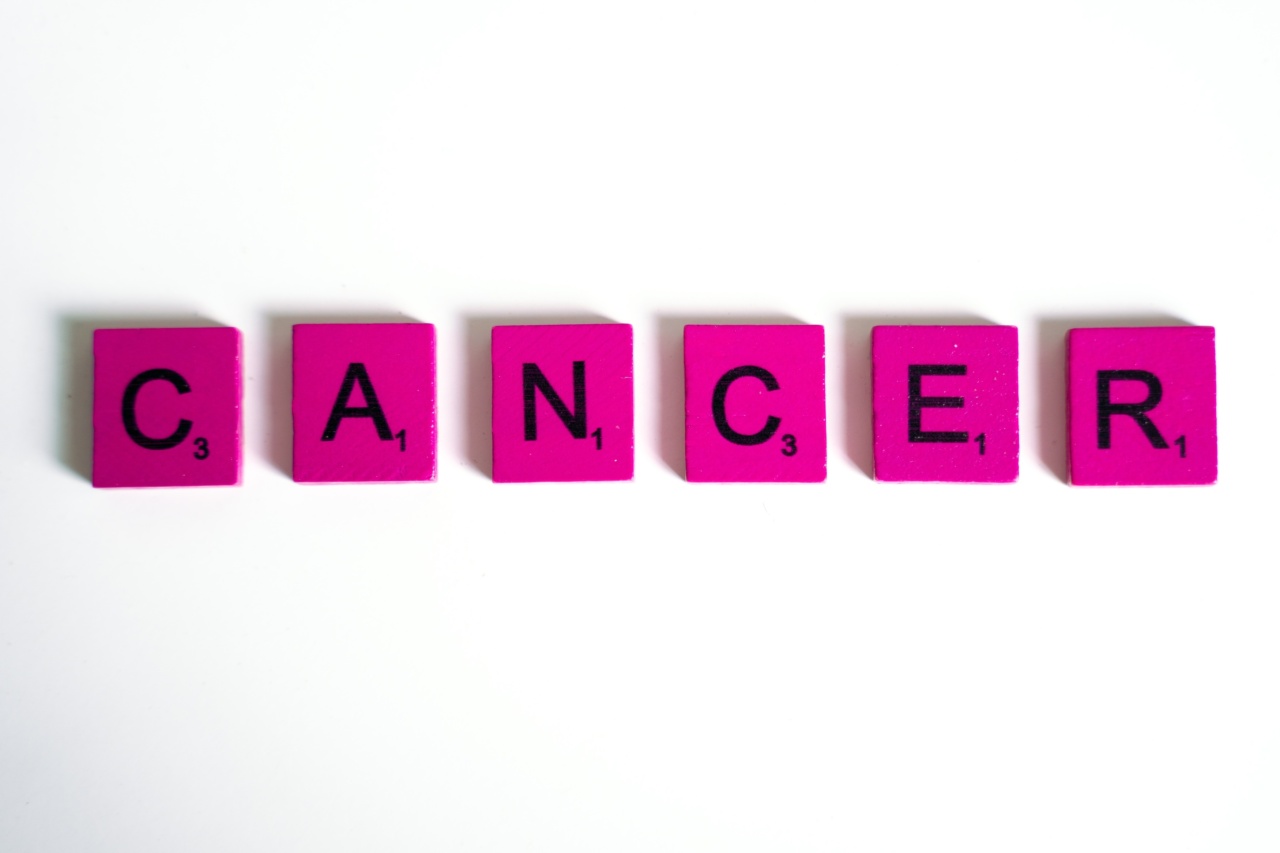Lung cancer is one of the most dangerous forms of cancer that affects millions of people globally. It occurs when normal cells in the lungs start to mutate and grow abnormally.
Unfortunately, lung cancer is usually detected at an advanced stage, making it hard to treat. However, early detection of the symptoms can potentially save a life. In this article, we will discuss some common signs and symptoms that you should be aware of to detect lung cancer.
Cough that Does not Go Away
If you have a persistent cough that doesn’t seem to go away, it could be a sign of lung cancer. A cough is your body’s natural reflex to clear out any irritants or blockages in your lungs.
If your cough lasts for more than two weeks or you experience a change in the nature of your cough, such as coughing up blood or having a hoarse voice, you should see your doctor immediately.
Shortness of Breath
Shortness of breath or wheezing can be a sign of lung cancer. This symptom can be caused by a blockage in the airways or fluid buildup in the lung.
If you experience shortness of breath associated with fatigue, chest pain, or rapid heartbeat, you should seek medical help immediately.
Chest Pain
Chest pain is not always a sign of lung cancer, but it can be an indicator. Chest pain associated with lung cancer is usually sharp and persistent, and it may worsen with deep breathing or coughing.
If you experience chest pain that lasts for more than a few days or if you have difficulty breathing, see your doctor immediately.
Weight Loss
Unexplained weight loss is one of the most common signs of many types of cancers, including lung cancer.
If you lose ten pounds or more without going on a diet or exercising, it is important to consult a doctor to rule out any underlying health problems, including cancer.
Loss of Appetite
Loss of appetite is another sign of lung cancer. If you experience a loss of appetite accompanied by nausea, fatigue, or weight loss, seek medical help immediately.
Loss of appetite can be caused by various factors, including cancer, and it can lead to serious complications if left untreated.
Fatigue
Feeling fatigued most of the time can be a sign of several diseases, including lung cancer. If your fatigue is persistent and is not relieved by rest or sleep, it is important to consult your doctor.
Fatigue associated with lung cancer can be caused by a variety of factors, including the release of hormones by cancer cells.
Bone Pain
Bone pain is one of the signs of advanced lung cancer that has metastasized to other parts of the body. Metastasis means that cancer cells have spread beyond the lungs to other areas, including the bones.
If you experience bone pain, especially in the back, hips, or ribs, seek medical help immediately.
Headaches
Headaches are not always a sign of lung cancer, but they can be an indicator of a more serious health problem.
If you experience headaches that are persistent, severe, or accompanied by other symptoms such as seizures or dizziness, see a doctor immediately.
Blood Clots
Blood clots are more common in patients with advanced lung cancer. This is because cancer cells can release substances that trigger clotting in the blood.
If you experience swelling, redness, or pain in one leg or arm, seek medical help immediately, as this may be a sign of a blood clot.
Conclusion
Recognizing the signs of lung cancer is essential for early detection.
The symptoms of lung cancer can be similar to those of other respiratory diseases, so if you experience any of the above symptoms or any other unusual symptoms, it is important to seek medical help. Early detection and treatment can increase your chances of survival.




























